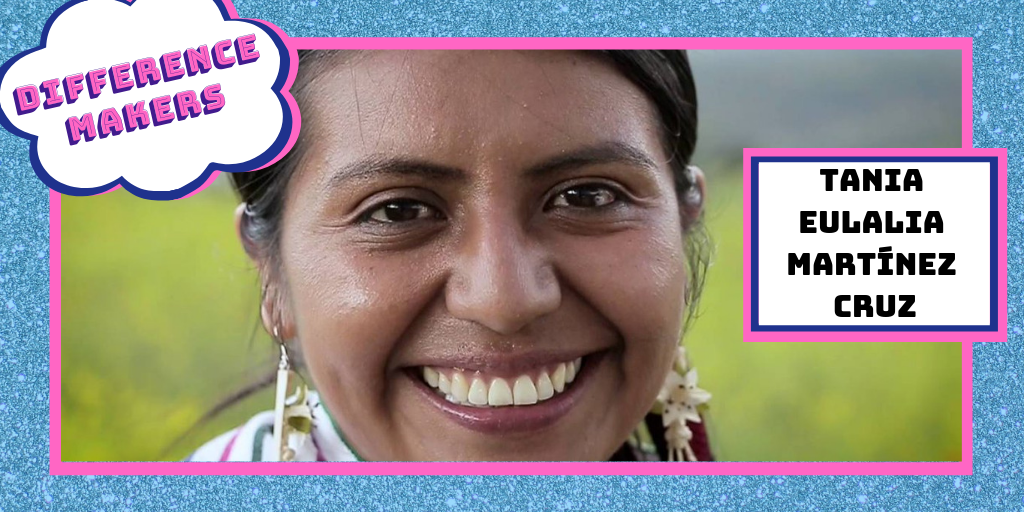Tania Eulalia Martínez Cruz is working hard to give back to indigenous farmers in Mexico. As the country’s first Mixe Fulbright Scholar at the University of Arizona, she set herself on the path towards helping farmers improve their crops and by connecting farmers with more paths towards agricultural engineering.
“I want not just to create technologies and techniques to solve problems, but to understand the lives of indigenous peoples and farmers, so I can be more efficient as a scientist in helping them,” she said to UA, as reported by Remezcla.
“My UA degree expanded my research and knowledge, particularly in using irrigation for bioethanol production,” she said. “I also gained confidence in a second language, as I had to manage a team of English-speaking research assistants, and in my skills as a researcher, thanks to an excellent supervisors who motivated and supported me.”
Martínez Cruz’s adviser, Donald Slack, who teaches agricultural and biosystems engineering, watershed management and eco-hydrology, called Martínez “the best graduate student I ever had.”
“When she was finishing her thesis, I invited her and two other graduate students to join me at an engineering conference in Thailand. Tania won the award for best paper at the conference, over participants from Asia, Europe and the United States.”
After gaining her masters from Arizona, Martínez Cruz is now gaining her doctorate from the Netherlands’ Wageningen University. There, she works with the university’s Knowledge, Technology and Innovation Group and conducts research with Texcoco, Mexico’s International Maize and Wheat Improvement Center. She combines her scientific knowledge with important social sciences such as rural sociology, socioeconomics and cultural anthropology. Her background also supplies her with the motivation to keep going forward.
“I feel committed to giving something back to my country, and the area where I can do it is in the agricultural sector. The technical background is important, but so are the social aspects,” she said. “I want to help agricultural projects reach more people who have been marginalized, and to do so, I have to better understand the social and cultural contexts in which these projects take place.”
